Fuji Xerox Closes Thai Recycling Plant
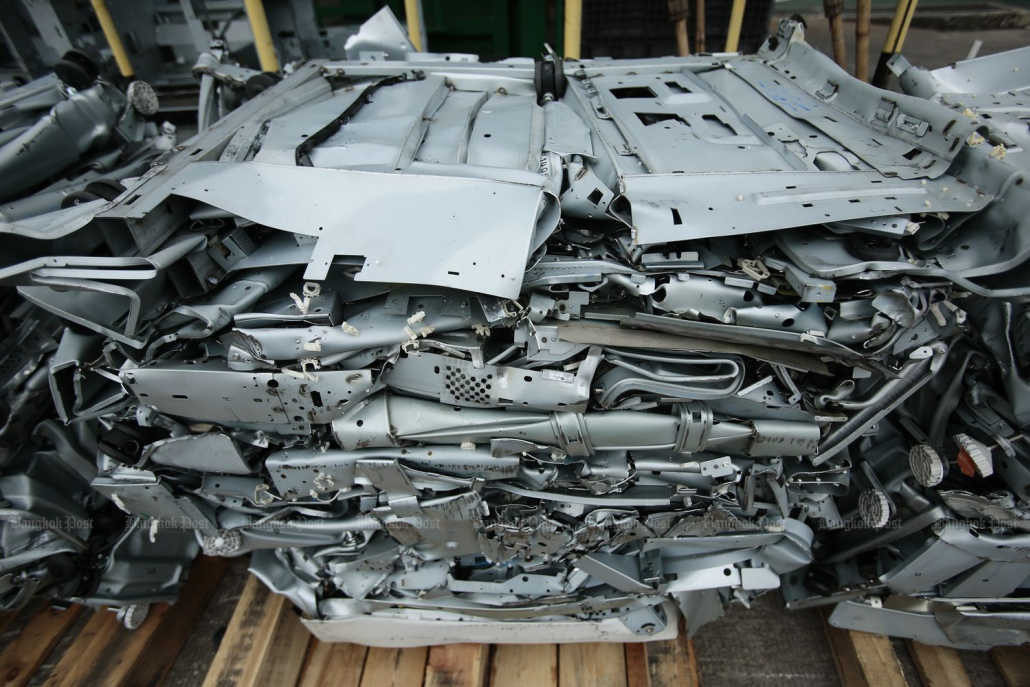 Japanese photocopier maker Fuji Xerox is closing a recycling plant in Thailand due to the country’s import ban on electronic waste, amid globally tightening regulations in the cross-border garbage trade.
Japanese photocopier maker Fuji Xerox is closing a recycling plant in Thailand due to the country’s import ban on electronic waste, amid globally tightening regulations in the cross-border garbage trade.
Fuji Xerox Eco-Manufacturing Co., the Japanese company’s wholly owned Thai subsidiary, has decided to close the plant at the end of the month as it faces a sharp decline in the volume of recycling materials handled in the wake of the ban effective June 2018, as NNA reported.
The plant, which opened in 2004 — following its first one in Japan in 1995 — has recycled photocopiers, printers and ink cartridges while sorting 90 categorized items such as plastic, rubber and electronic substrates to cooperate with local recycling businesses for reuse.
It collected e-waste from nine Asia-Pacific countries and territories, including Indonesia and Malaysia, achieving a 99.8% reuse rate by the year to March 2010, according to Fuji Xerox, a subsidiary of Japan’s Fujifilm Holdings Corp.
The Thai plant has recycled a cumulative total of about 60,000 tonnes, according to the spokesman.
In the meantime, the Japanese company has established such plants in Australia, China, New Zealand, South Korea and Taiwan.
A similar import ban on e-waste in China took effect at the end of 2017, prompting the diversion of this trade to other countries, including Thailand, officials of waste management firms told NNA.
This has led to Thailand taking phased steps to stem the inflow of garbage, including hazardous waste, some of which is imported illegally, they added.
Fuji Xerox’s Thai arm is offering early retirement, including economic compensation, for about 50 employees as the company is scheduled to liquidate in or after July, the spokesman said.

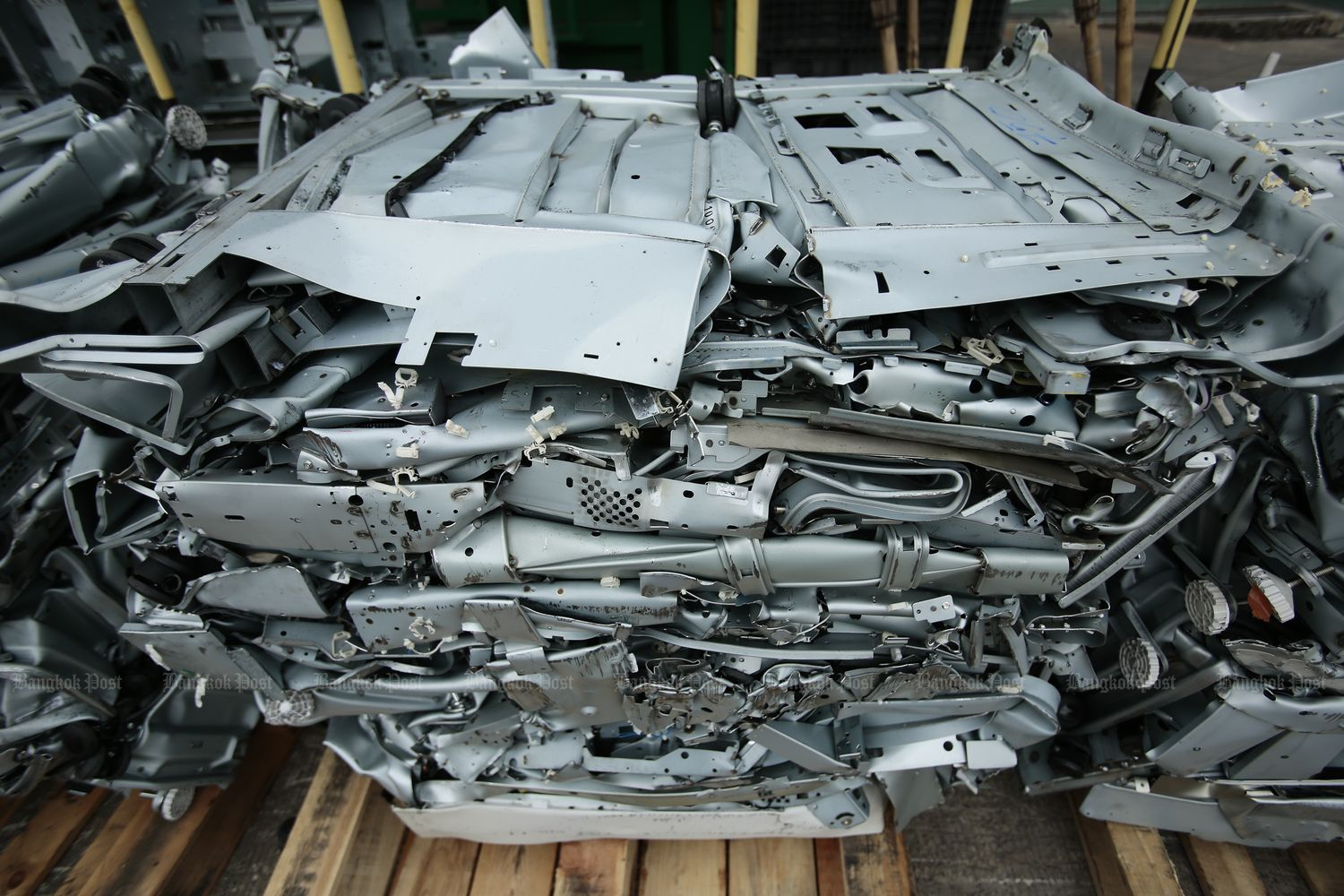
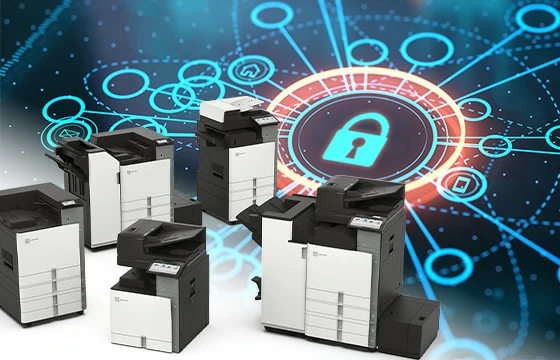

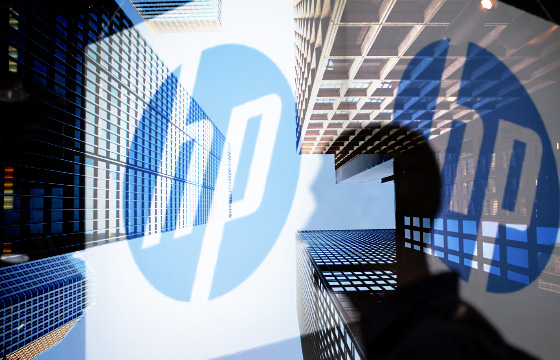
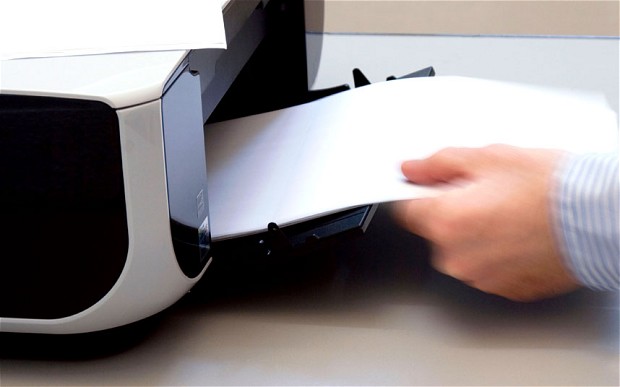
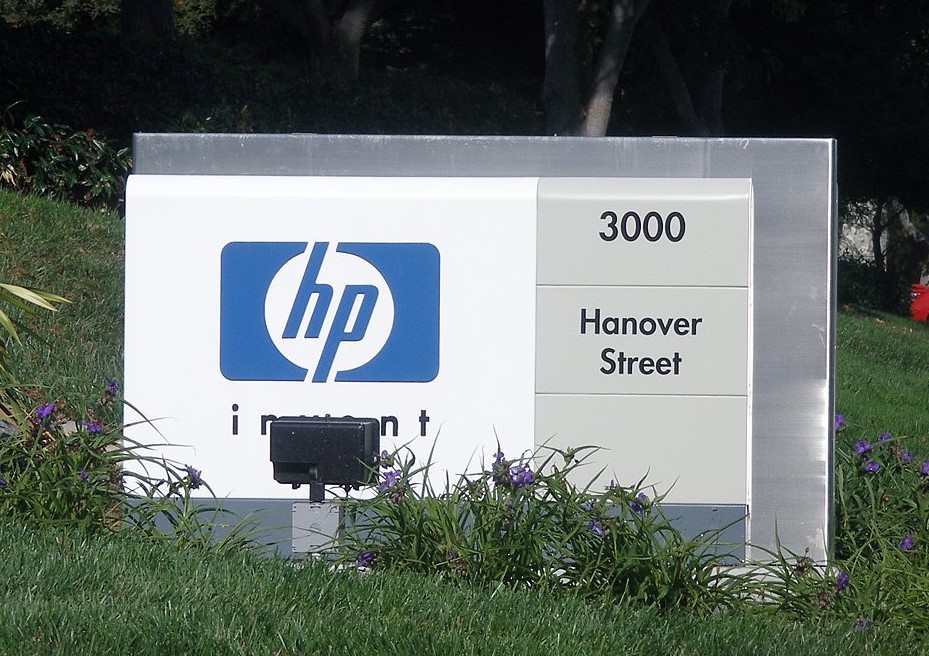
Leave a Comment
Want to join the discussion?Feel free to contribute!